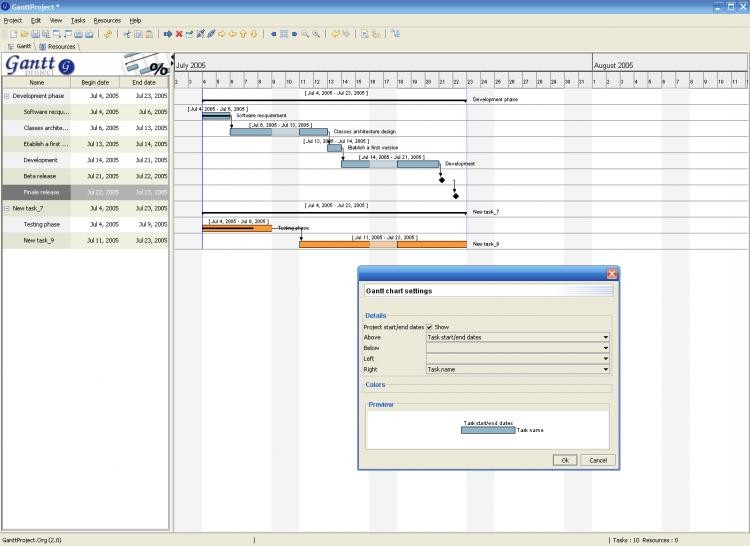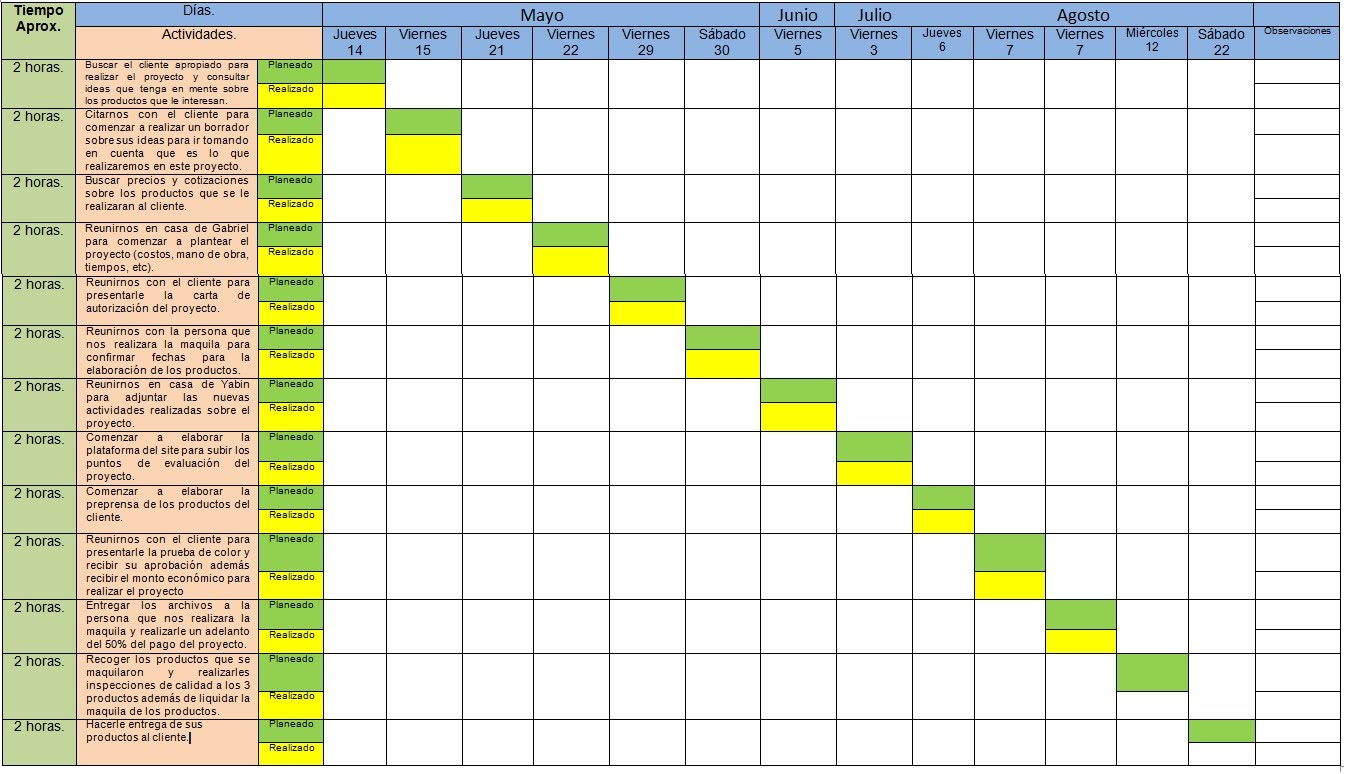

Learner’s interest is an important factor to carry out learning and teaching in operational research. Concerning to foster applicable practitioners, our minicourse design previously emphasizes on “can operate data processing”, beyond that “may build mathematics model to optimize real problems in engineering fields, especially in logistics engineering field”. Since then, we have gradually rearranged and optimized course objectives, course content design, pedagogy as well as course resources. The minicourse reform of learning and teaching in operational research was piloted at Chongqing University of Arts and Sciences started in 2006. In 1982, APEID published a report on minicourse practice at Macquarie University, which was characterized by: a system approach, overt and exemplary strategies, clear objectives, structured program, self-contained, wide participation, varied learning activities and media, creative activity, feedback, follow-up, skill-oriented, and an educational technology design ( APEID, 1982). In line with the Asian Programme of Educational Innovation for Development (APEID), a minicourse is defined as an entire course of studies for a group similar to a conventional course but compressed into a few hours ( Frankel & Gage, 2007).

(2016) report a student-centered approach to teach management science course at the University of San Francisco, and emphasize three teaching principles: real-world context, spreadsheet-native attitude and student self-efficacy. Ormerod (2014) accentuates that operational research is to hone three competences: 1) conducting analysis, 2) managing the process of intervention and, 3) understanding context. The Institute for Operations Research and the Management Sciences (INFORMS) defines operational research as the scientific process of transforming data into insights for making better decisions ( INFORMS, 2019).

GANTTPROJECT 2.7 TUTORIAL SOFTWARE
Learners’ feedback confirmed that the minicourse design equipped them with model application and software skills helpful for a successful career. Comparing with operational research implemented in undergraduate majors at other universities, our minicourse design is characterized as data-driven style, logistics industry-focused, mini case study pedagogy, rich mobile internet resources, as well as applicable skill training.
GANTTPROJECT 2.7 TUTORIAL OFFLINE
The data-driven minicourse may be carried out in ways of both offline classroom and online mobile internet classroom, of which some modules are especially suitable to be implemented in flipped classroom pedagogy. To disseminate applicable skill, we also released these Matlab codes which may be served as templates for secondary development of operational research pedagogy. These examples are solved by Matlab or related software. Then, this article rearranges course contents into twelve modules and delineates each module in a way of a brief explanation with numerical example. Situating this article on literature review, numerical simulation and comparison analysis methods, it previously sets the minicourse objectives as “can operate data processing”, beyond that “may build mathematics model to optimize real problems in engineering fields, especially in logistics engineering field”. This paper explores the data-driven minicourse design for operational research at Chongqing University of Arts and Sciences.


 0 kommentar(er)
0 kommentar(er)
